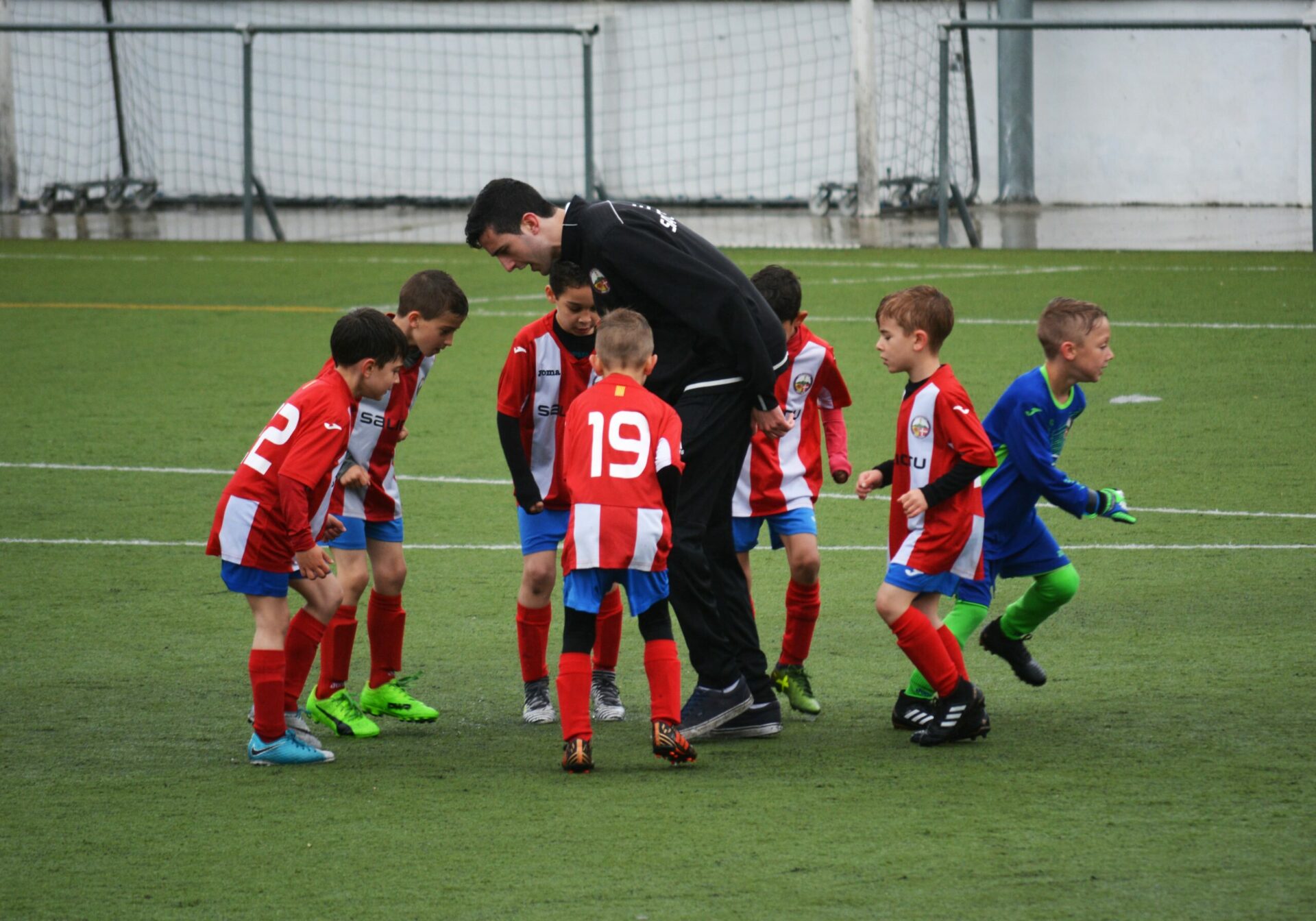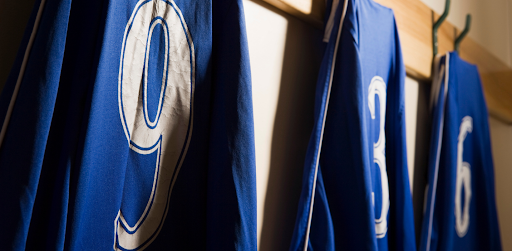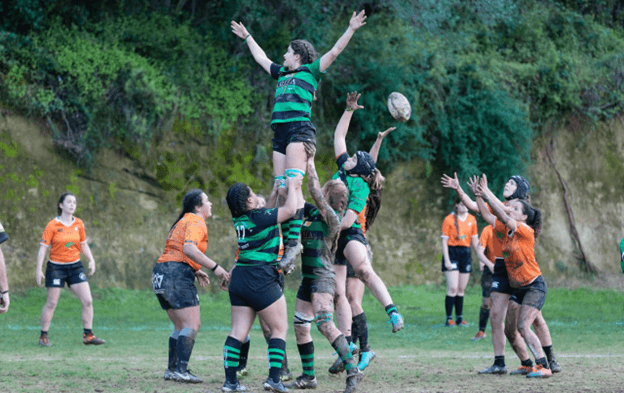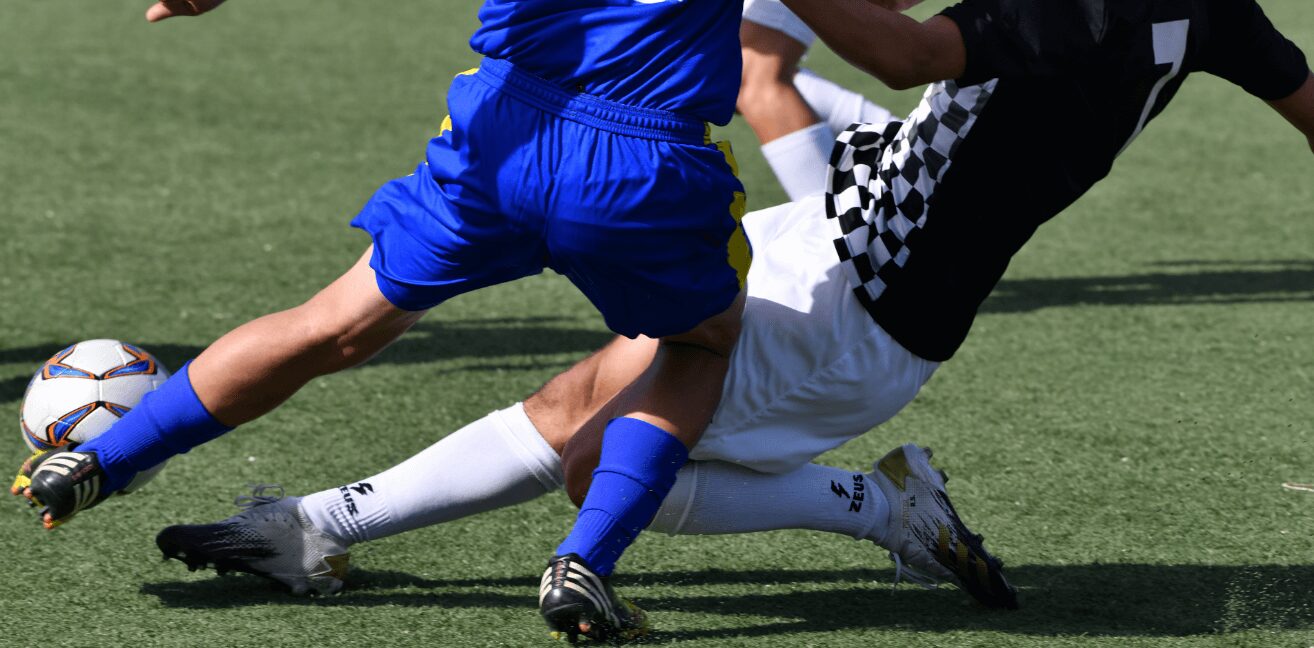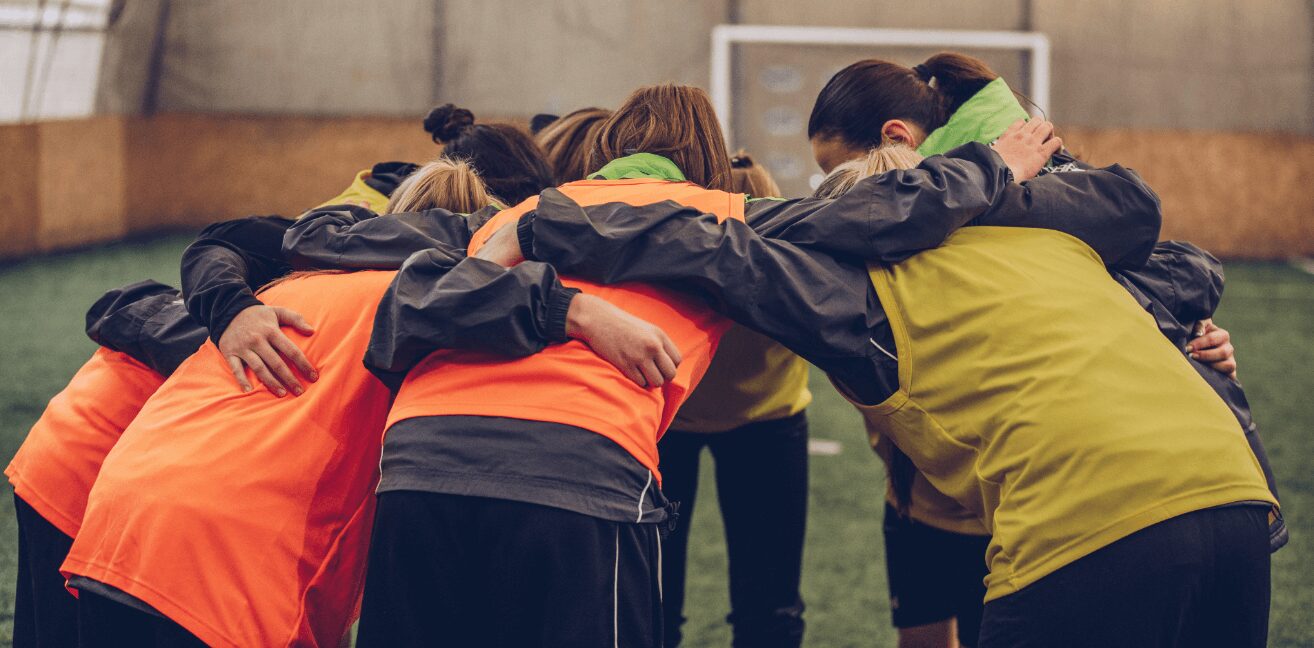
What Makes GREAT Teamwork?
When evaluating a team, it’s a no-brainer that teamwork is crucial skill players need. Even though it’s essential, and we know it when we see it, we often struggle to define what great teamwork is.
Our team at Sports Evaluations believes that excellent teamwork is made up of 5 factors:
- Contributions to the team’s work.
- Helpful interactions with teammates.
- Keeping the team on track.
- Encouragement of quality work.
- The whole package.
Let’s learn more.
#1 Contributes to Team’s Work
This might seem silly, but great teamwork means contributing to the team’s work. Many team members aren’t willing to put in the effort it takes to achieve the team’s overall goal. A good team member is driven and committed to doing their fair share. They meet the agreed-upon terms and expectations of the group.
A not-so-great team member is an individual who often misses practice or sits idly by during a play that won’t put them in the spotlight.

#2 Helpful Interactions with Teammates
How you interact with your teammates is important when being evaluated for teamwork. This is not joking around or having positive interactions. It’s your ability to consider everyone’s ideas. It’s supporting your team members when they mess up. It’s cheering them on as loud as any fan.
Many skilled players don’t make it to the big leagues because they have bad attitudes. They often interrupt or dismiss their fellow players while sharing ideas or insult them when a team member makes a play they disagree with.
#3 Keeps the Team on Track
Great teammates do whatever they can to keep their team members on track to meet goals. They have the big picture in mind and work with other players to mark milestones and work on ways to progress.
A major part of keeping the team on track is noticing when there are problems or issues getting in the way of meeting a goal. They raise their concerns respectfully and tactfully without pointing fingers.
#4 Encourages Quality Work
Another part of great teamwork is encouraging quality work. There are a few ways to do this, including by leading by example.
A bad team member will be pessimistic that the team can meet their goals and in turn resistant to supporting any action that could help reach a goal. They might even actively work against the team because they’ve lost the purpose in their heart.
#5 The Right Skills, Knowledge, and Abilities
A good teammate can also hold their own; meaning they have their own skills, knowledge, and abilities when it comes to the sport. But it doesn’t stop there! They believe in never-ending improvement and continual learning.


